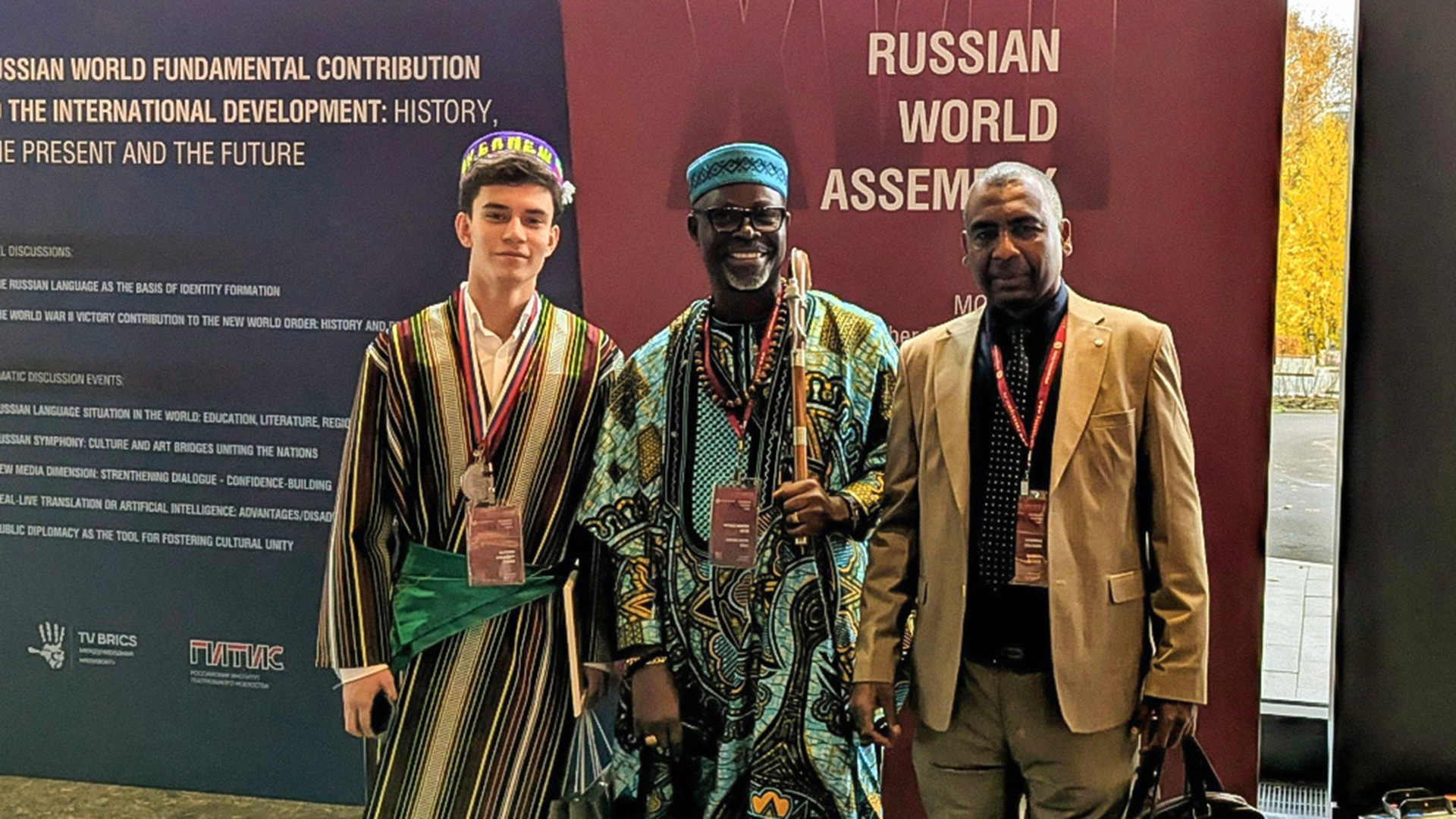
How Sergei Ozhegov brought together science & spoken Russian
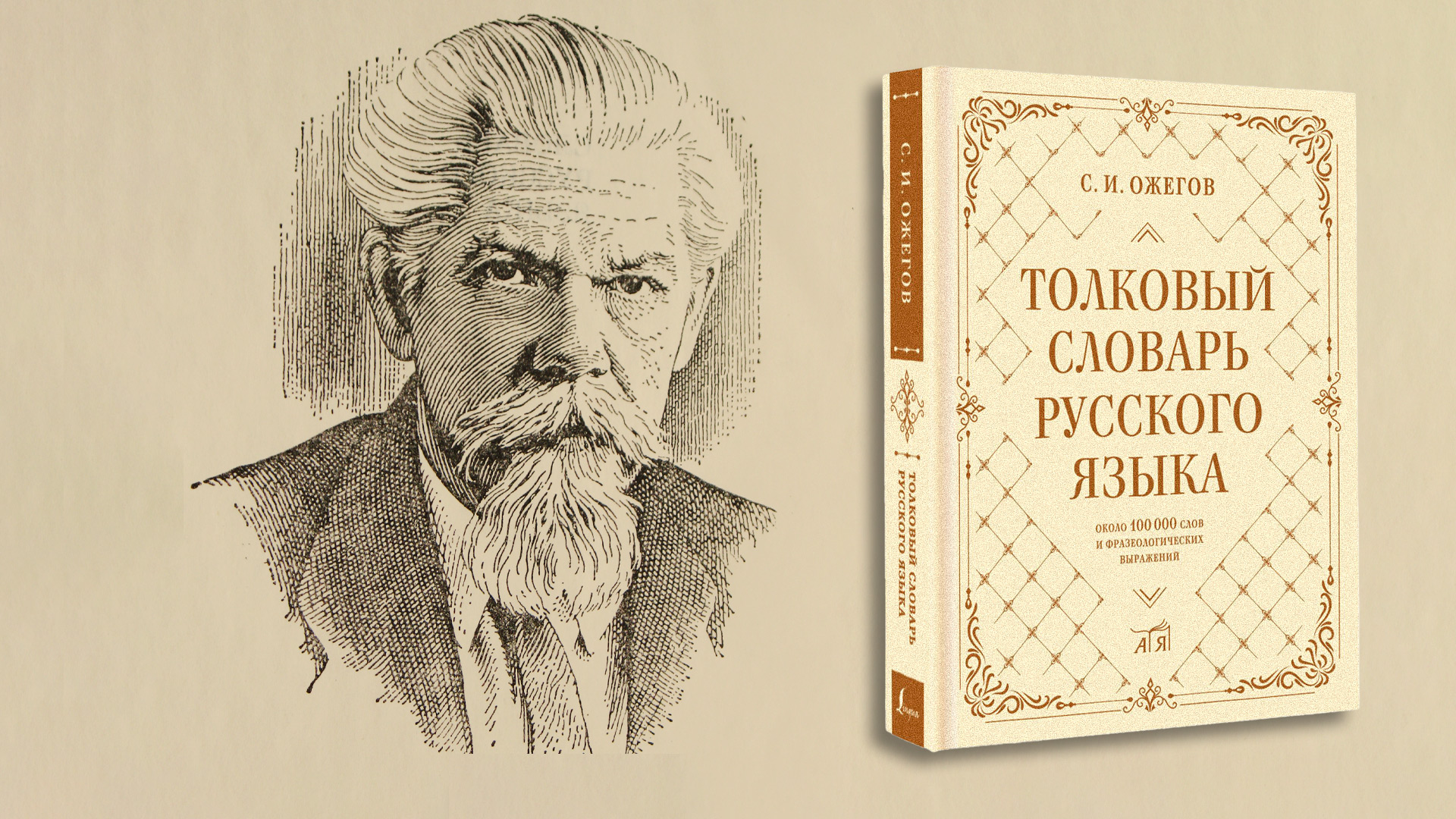
"Look it up in Ozhegov," is a common saying, when you need to quickly check the meaning or spelling of a word. His one-volume ‘Dictionary of the Russian Language’, with over 70,000 words and expressions, has become the reference book for generations of Russian schoolchildren and adults of various professions.
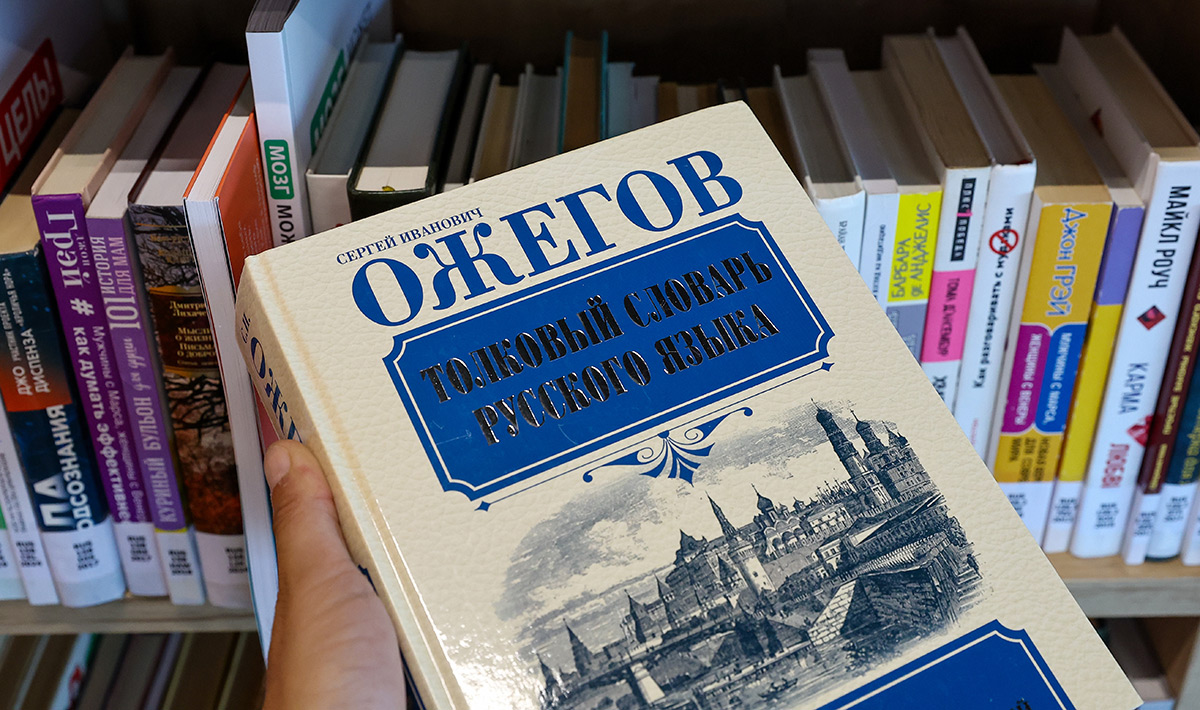 Istanbul. Sergei Ozhegov's Explanatory Dictionary of the Russian Language in the Russian-Language Literature Department of the Sevgi Soysal Library
Istanbul. Sergei Ozhegov's Explanatory Dictionary of the Russian Language in the Russian-Language Literature Department of the Sevgi Soysal Library
But, Sergei Ozhegov was more than just a dictionary compiler. He made a significant contribution to the modern science of speech culture and formulated a definition of the linguistic norm.. On his initiative, a unique Russian Language Reference Service was established in 1958 at the Institute of Russian Language of the USSR Academy of Sciences. Since then, any organization or individual (for example, an ordinary schoolchild) could call this service and ask a question regarding the norms and rules of Russian speech. The service is still available today.
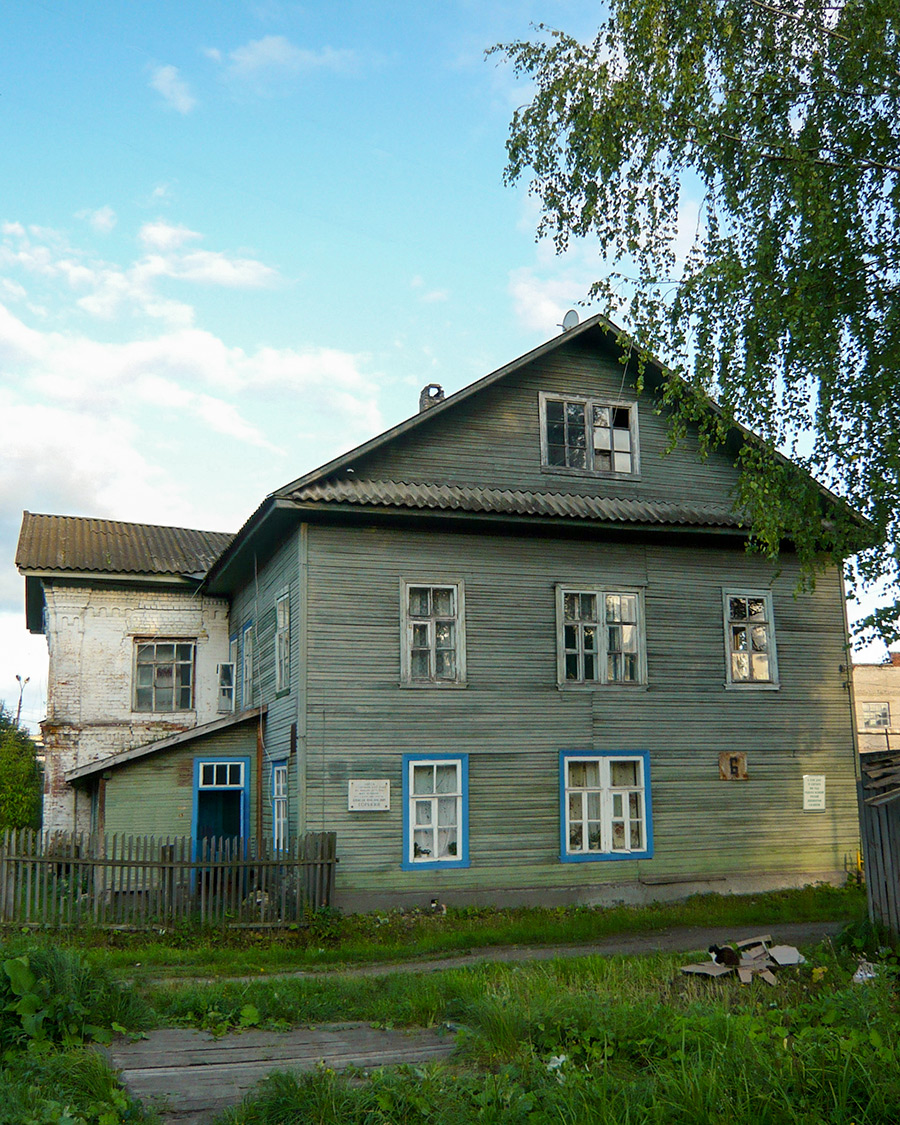 The house in Kuvshinov where S. I. Ozhegov was born. On the right is a memorial plaque in Ozhegov's honor. On the left is a memorial plaque in honor of Maxim Gorky, who lived in this house with his friend N. Z. Vasiliev from October 1897 to mid-January 1898
The house in Kuvshinov where S. I. Ozhegov was born. On the right is a memorial plaque in Ozhegov's honor. On the left is a memorial plaque in honor of Maxim Gorky, who lived in this house with his friend N. Z. Vasiliev from October 1897 to mid-January 1898
Sergey Ozhegov was born in 1900 in the village of Kamennoye (now Kuvshinovo) in the Tver Governorate to an engineer and a midwife. In 1909, the Ozhegov family moved to St. Petersburg, where the boy entered high school. After graduating a few months after the 1917 Bolshevik Revolution, he entered the Faculty of Linguistics of Material Culture at Petrograd University, but, in December 1918, he enlisted as a volunteer in the Red Army. In 1922, Ozhegov was demobilized and returned to Petrograd University (now St. Petersburg State University), where he graduated in 1926. In the late 1920s, the student of renowned philologists Viktor Vinogradov, Lev Shcherba, and Boris Lyapunov began working on his ‘Explanatory Dictionary of the Russian Language’, edited by Dmitry Ushakov, another distinguished linguist. In 1936, Ozhegov moved to Moscow to continue this work.
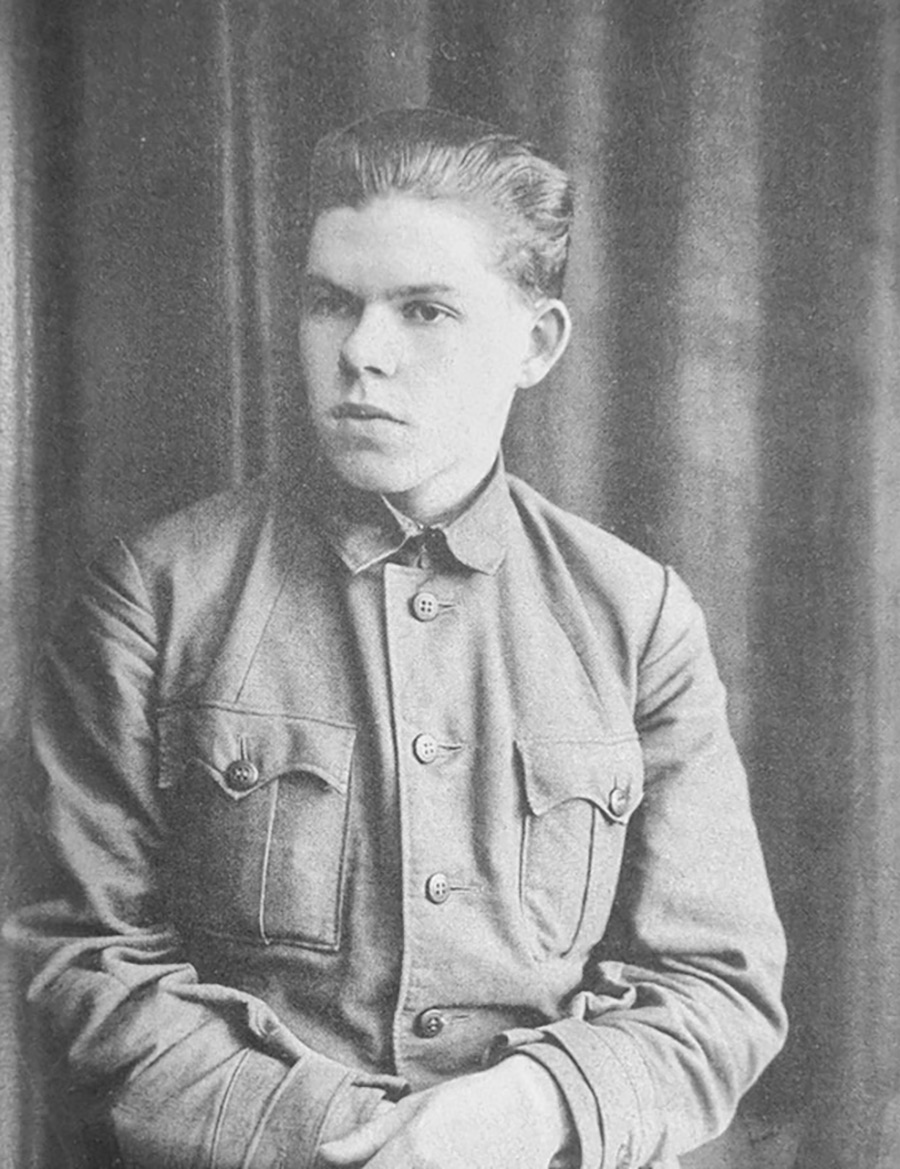 Sergei Ozhegov, 1917
Sergei Ozhegov, 1917
Even on the eve of the Great Patriotic War, Ozhegov began compiling a one-volume explanatory dictionary. The first edition of his ‘Dictionary of the Russian Language’ was published in 1949 and immediately attracted the attention of linguists, as well as the general public. The dictionary was very user-friendly: it contained few obsolete words and dialectal expressions, but contained a wealth of modern, commonly used vocabulary. Since then, Ozhegov's ‘Dictionary’ has correctly reflected changes in Russian literary vocabulary from edition to edition.
On December 15, 1964, Sergei Ozhegov passed away in Moscow. The urn containing his ashes is kept in the wall of the Novodevichy Cemetery necropolis.
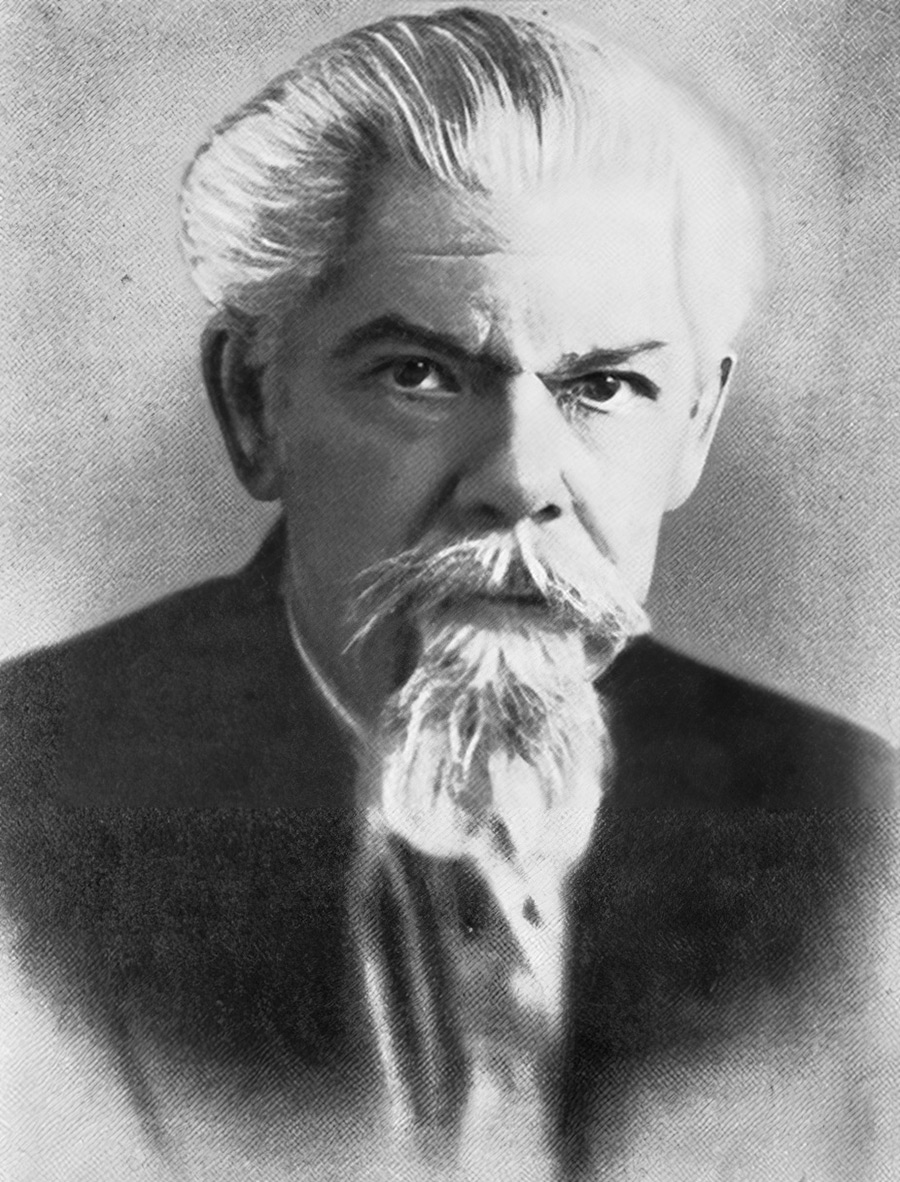 Sergey Ozhegov
Sergey Ozhegov
The first posthumous edition of the dictionary was published in 1972, edited by linguist Natalia Shvedova. Shvedova significantly expanded the dictionary's content; with her participation, every entry was checked and edited, the dictionary's size increased and changes were made to the semantics of words. An updated version was published in 1992. This edition is now known as the ‘Ozhegov-Shvedova Dictionary’. It contains over 70,000 words and phraseological expressions and is also very popular among native Russian speakers. In 1990, Sergei Ozhegov was posthumously awarded the ‘A. S. Pushkin Prize’ for his work on the dictionary.


